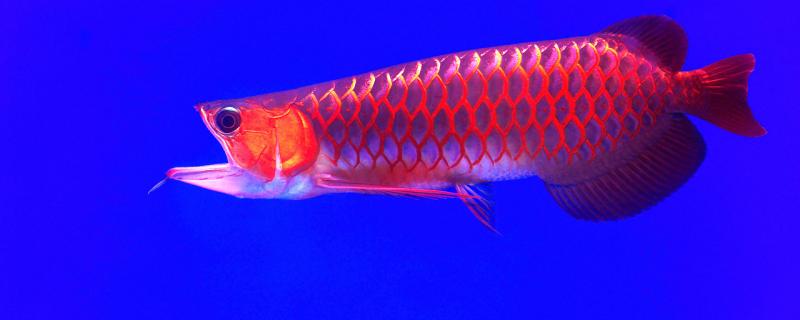 1. What does Arowana mean by crossing its back
1. What does Arowana mean by crossing its back Arowana means that all the scales on their bodies have changed into the same color. For example, the scales on the Arowana are all golden, while the scales on the Arowana are all red. If it is an arowana without a back, most of the scales on the back are black or dark.
It is impossible for arowana in juvenile to judge whether it is over-dorsid. Only when they are adults can they judge whether it is over-dorsid by the color of their scales. In addition to judging by the color of scales, breeders can also judge by the bead scales. Usually, the bead scales of Arowana will light up and be very bright.
2. Is it better for Arowana to have a high back or a high backIt is best for Arowana to have a high back, because the six rows of scales on their bodies have changed into the same color, the scales in the sixth row of Arowana are all on the back, and the scales on the back of many Arowana are black or dark.
The color of the back scales of Arowana is not completely uniform, but the color and bead scales of their scales will reach the fourth or fourth or fifth rows. The color of the back of the high-backed arowana cannot be changed into a uniform color, so it is better for the over-backed arowana.
But over-backed Arowana is rare, and over-backed Arowana is the best among Arowana, which is rare in number and difficult to breed.